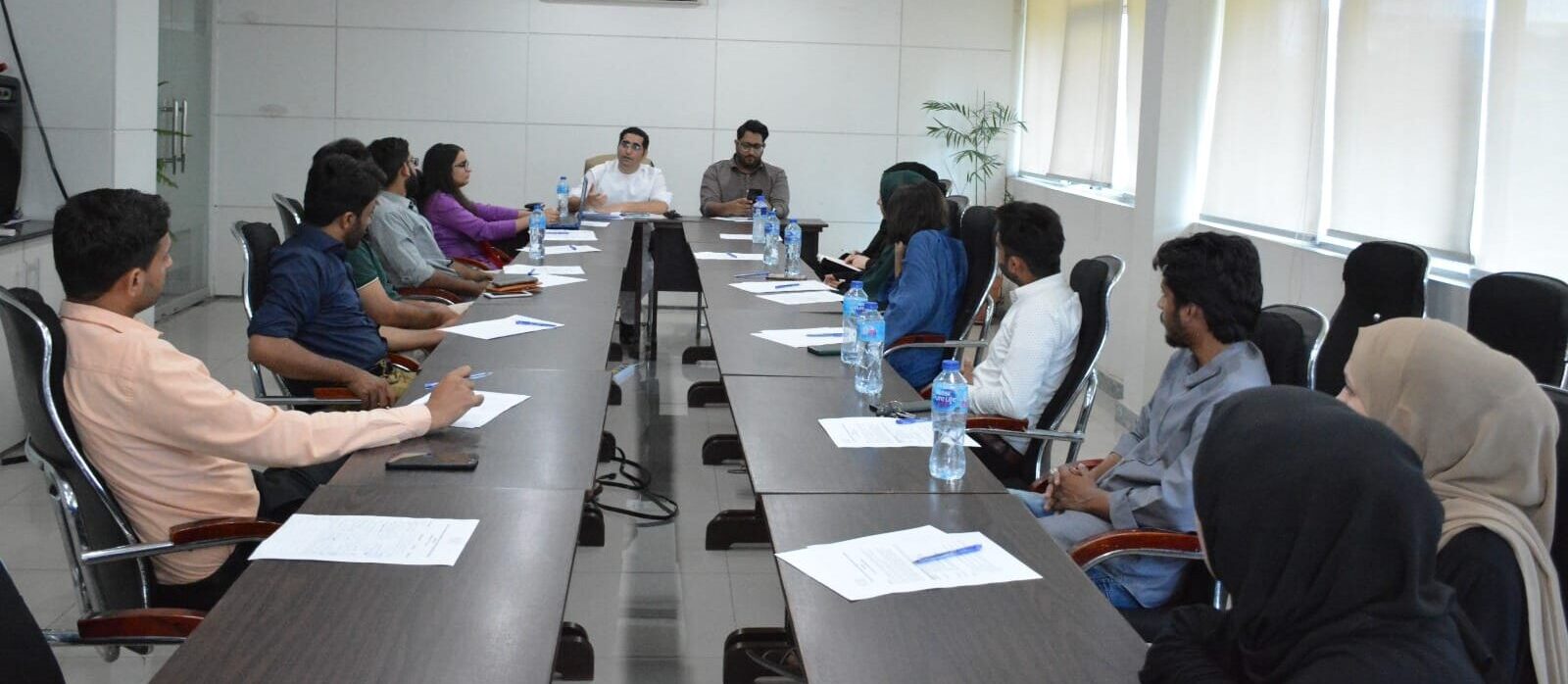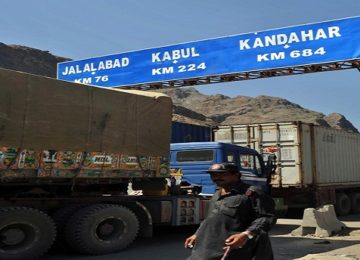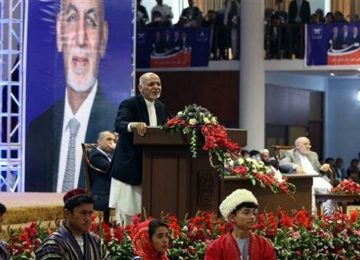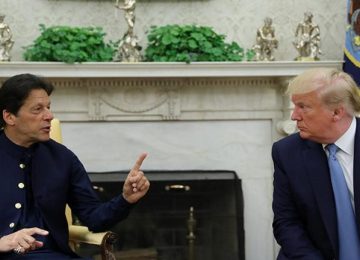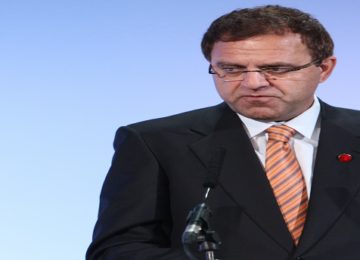In a world where the truth often struggles to be heard amidst the noise of misinformation, the importance of ethical journalism cannot be overstated. Recognizing this, the Center for Research and Security Studies (CRSS) recently organized a dialogue titled “Ethical Journalism in Pakistan: Navigating Issues and Challenges.” This dialogue underscored the significance of integrity, accuracy, and responsibility in journalism, addressing the prevalent lack of adherence to ethical standards among media outlets and journalists in Pakistan.
Mr. Sabookh Syed, a seasoned journalist, delivered the keynote address to audience comprising young professionals, aspiring journalists, and media students. He centered on the principles, challenges, and best practices of ethical journalism within the Pakistani media landscape. Syed critically recalled the evolution of media ethics, from journalism’s golden age between 1900 and 1950 to the challenges faced during the Cold War. He also discussed the transformative impact of email, the internet, and the digital age on journalism. In his view, the digital era necessitates rigorous verification processes and an unwavering commitment to ethical standards.
Syed highlighted several current challenges in the media environment, including the proliferation of fake news, state-sponsored propaganda that promotes specific narratives, and the mainstream media’s tendency to prioritize content that drives viewership over content that serves the public interest. He also noted the increasing influence of marketing departments due to their financial power. Additionally, the rise of social media has exacerbated the spread of fake news, given the absence of thorough fact-checking processes that are more typical of traditional media.
The participants discussed the lack of focus on local issues in the media and highlighted the disparity in coverage between international and domestic matters. They pointed out that while the media extensively covers events in other countries, it often neglects important issues within the state. For example, the group noted that while the media discusses the situation in Bangladesh, it fails to address serious issues such as the Parachinar Shia genocide. The participants also mentioned Sharmeen Obaid Chinoy’s documentary on acid attacks in Pakistan, which they felt portrayed the country in a negative light on the international stage. They shared personal anecdotes about how interactions with international students had changed their views about Pakistan after watching the documentary. While acknowledging the positive impact of the documentary in leading to legislation against acid attacks, the group expressed a desire to portray Pakistan in a more positive light globally. There were concerns raised about the negative impacts of news coverage of harassment cases in universities, particularly on individuals from conservative areas like South Punjab. The participants discussed how such news can instill fear in parents and discourage them from allowing their daughters to pursue higher education. They sought ideas for raising awareness of these issues without inadvertently creating further negative consequences.
The dialogue concluded with two major takeaways. First, journalists must verify news from multiple sources and prioritize local issues over sensational stories. Reporting on sensitive topics like harassment, acid attacks, and honor killings should be conducted responsibly to avoid negative societal impacts. Second, media outlets and editorial departments are responsible for deciding what to report, how to present footage, and whether to censor or blur sensitive content. Journalists and media houses should innovate in their news presentation. Additionally, viewers bear a social responsibility to focus on news that positively impacts society rather than merely sensational content.
However, it is crucial to acknowledge that fostering ethical journalism in Pakistan requires more than just dialogue and good intentions. Structural changes within media organizations are necessary to reduce undue influence from marketing departments and government propaganda. Additionally, there needs to be stronger regulatory frameworks to enforce ethical standards and hold those who disseminate fake news accountable. Educational institutions must also play a role by incorporating comprehensive journalism ethics courses into their curricula to prepare the next generation of journalists. Without these systemic reforms, the challenges highlighted will continue to hinder the pursuit of truth and integrity in Pakistani journalism.



